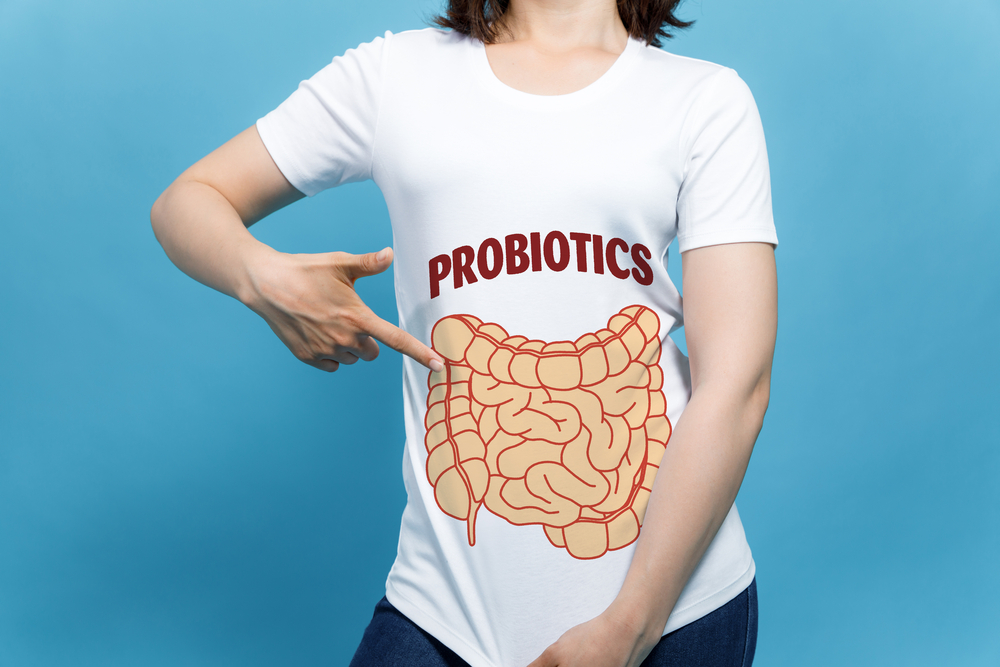A Guide To Understanding Probiotics
A guide to understanding probiotics
In a 2016 study published by the National Academy of Sciences USA, it was estimated that there are at least one trillion different varieties of bacteria on the earth. A huge majority of these are harmless and some are even beneficial for sustained health. A few, however, can be deadly, causing a range of infections and diseases.
While antibiotics are used to combat the effects of harmful bacteria and eliminate them, probiotics promote the growth of useful and “friendly” ones. These are packaged and promoted as useful supplements that offer health benefits. Taking the best probiotic products regularly can help people combat many diseases and conditions caused by lifestyle choices.
Here are some things you may not have known about the best probiotics:
What are probiotics?
- As with many English words we use today, the word “probiotic” has a Greek origin with “pro” meaning “for” and “biotic” meaning “life”.
- The use of fermented foods for promoting good health was known to the ancient Greeks and Hindus and it has also mentioned in the Bible.
- Lactobacillus is a beneficial bacteria found in yogurt and sour milk products.
- Sour milk was used to treat intestinal problems in the hot climates of the Middle East and Asia. This was the first probiotic food product known to man.
- In the modern era, the Russian Nobel laureate, Elie Metchnikoff proposed the idea that useful microbes could replace the harmful ones in the human intestinal tract. He based this idea on his observations of rural people in Europe whose longevity of life was attributed to their copious consumption of fermented milk.
- Currently, there is a renewed interest in probiotics and their benefits to the human body.
What are the different types of probiotics?
- Certain species of bacteria like lactobacillus rhamnosus, lactobacillus casei, and lactobacillus johnsonii that inhabit the intestinal tract are considered to be beneficial for humans.
- Other beneficial probiotics include bifidobacterium and saccharomyces.
- Some of the best probiotic products include any food that has fermentation microbes, yeast, yogurt, fermented goat’s milk consumed in Central Asia called kefir, the German dish sauerkraut (shredded cabbage fermented with lactic acid), and the Korean dish kimchi (also made from shredded cabbage and other vegetables), fermented soybean products like tempeh, the Japanese seasoning miso and kombucha (fermented black or green tea), pickled gherkins, buttermilk, and some varieties of cheese like cheddar, mozzarella, and gouda.
- All the best probiotic products are available in food, beverage, and supplement forms in the market today.
- Probiotics need to be consumed live to provide benefits.
What are the health benefits of consuming probiotics?
- Probiotics help combat many chronic conditions and health problems.
- They are anti-inflammatory and promote a healthy pH balance.
- The best probiotics like bifidobacterium lactis ease constipation, the irritable bowel syndrome (IBS) in children and adults, gas, nausea, lower abdominal pain.
- A combination of lactobacillus and bifidobacterium strains are used in the treatment for diarrhea caused by infections and/or overuse of antibiotics.
- Probiotics are known to promotes weight loss.
- Lactobacillus and bifidobacterium strains improve the brain health and combat symptoms of depression, anxiety, autism, obsessive compulsive disorder (OCD), and memory loss.
- Probiotics promote good heart health by reducing the bad cholesterol and triglycerides.
- They boost the body’s immunity and have anti-aging properties.
- Probiotics also help in preventing gum disease and type 2 diabetes.
- Good health of the reproductive tract, lungs, skin, oral cavity, and the intestine-brain axis is possible by regular consumption of the best probiotics.
What are the risk factors associated with probiotics?
- While the Food and Drug Administration (FDA) does not regulate the supplements, they are regulated by the Dietary Supplement and Health Education Act. The manufacturer is responsible for ensuring safety and quality.
- It is important to conduct research and consult a doctor before opting for probiotics. It is best to choose only the most reputed and best probiotic brands.
- Children, elderly people, pregnant women, and those with compromised immune systems have to be cautious when consuming probiotic supplements.
- Those undergoing cancer treatments should consult their doctor before taking probiotic supplements.
- The rule of thumb is to take one billion colony-forming units (CFU) daily.
- It is also important to ensure that only the right strain of probiotic is consumed for the desired result.



